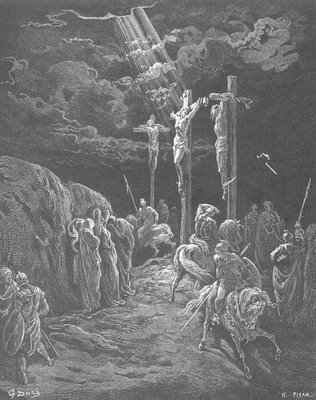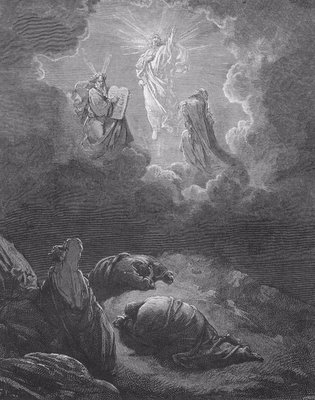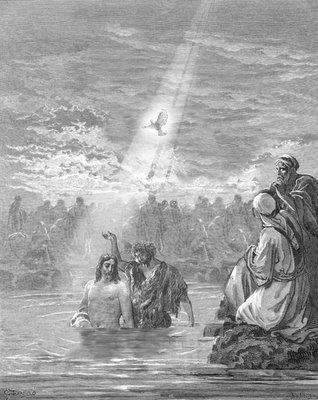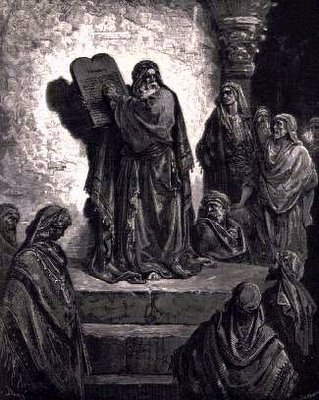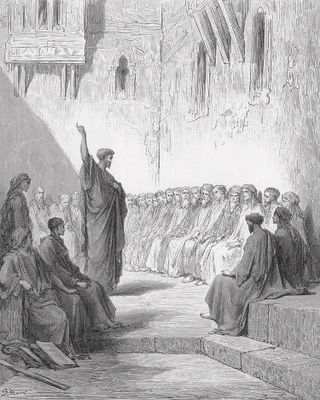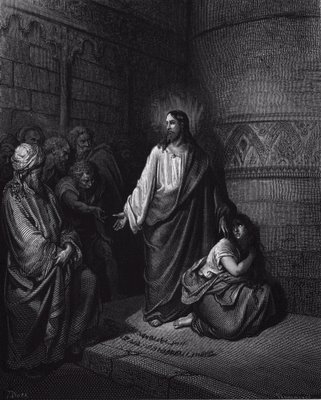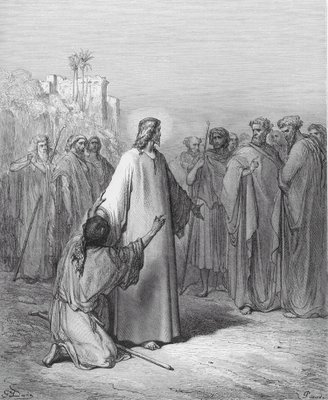.... As discussed in the previous section, God offers salvation to man freely; but through a purely human barrier, man has trouble facing Him. God’s answer to man’s spiritual reticence is given through an effective working that we call predestination. ‘Predestinate’ comes from the Greek word proorizo, which means ‘to mark out or set a boundary in advance.’
.
.... Traditionally, predestination has been assumed to mean certain things and to work in certain ways. By Calvinism it is assumed to be a completely divine working, infallible and irresistible, to bring someone to Christ. By Arminianism, it has been reduced to a mere formality in deference to man’s free will (which brings them to Christ instead). But what qualities do the Scriptures themselves ascribe to predestination? Exactly what is being predestined? Outward circumstances? Inward decisions? End results? What is predestination meant to accomplish?
.
.... As this study proceeds, we will attempt to show that three separate and distinct types of predestination are outlined in the Scriptures. These apply to different groups of people at different stages of a relationship with God, and they are intended to accomplish different things. Furthermore, these three seem to be divisible on a time line, having the overall appearance of ‘phases,’ so we will address them in that manner (Phases 1,2,3).
.
.... Think of these phases as a somewhat awkward introduction that, if met with humility, may lead to a warming acquaintance, followed by a time of trial in which a committed friendship may emerge. This, in turn, will deepen into love, as we respond with interest at each step.
